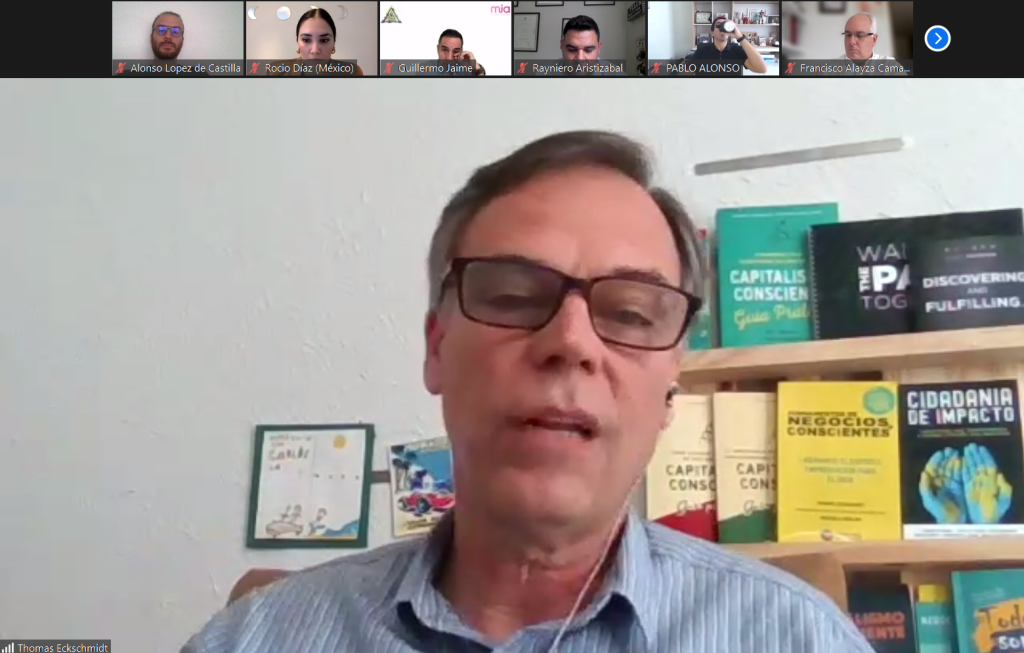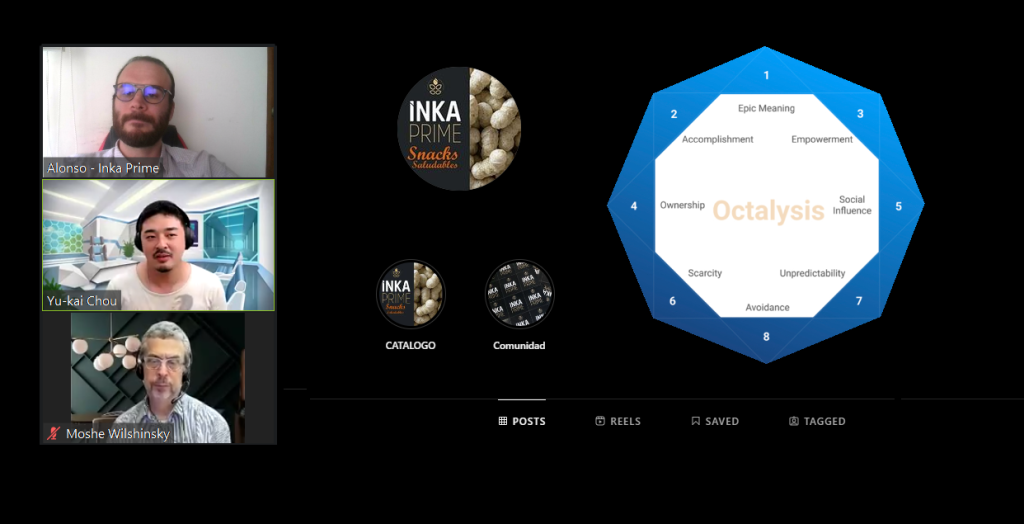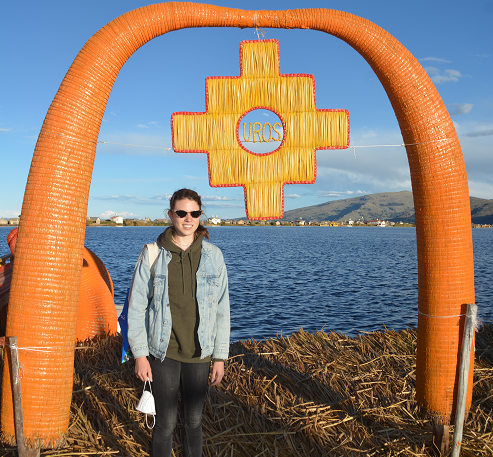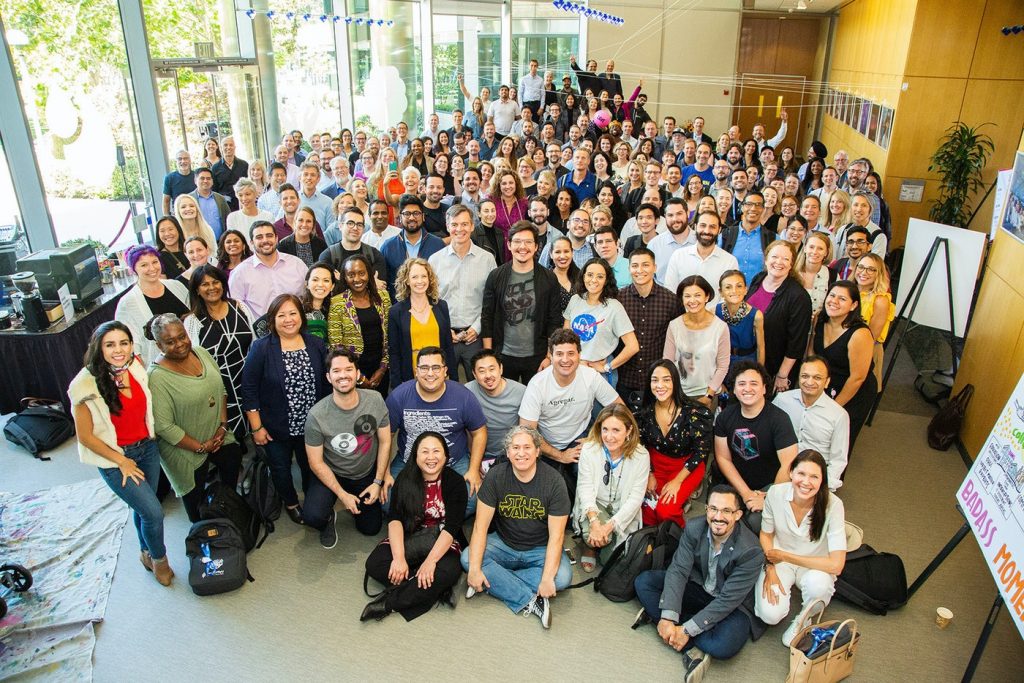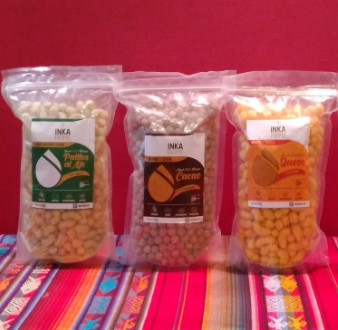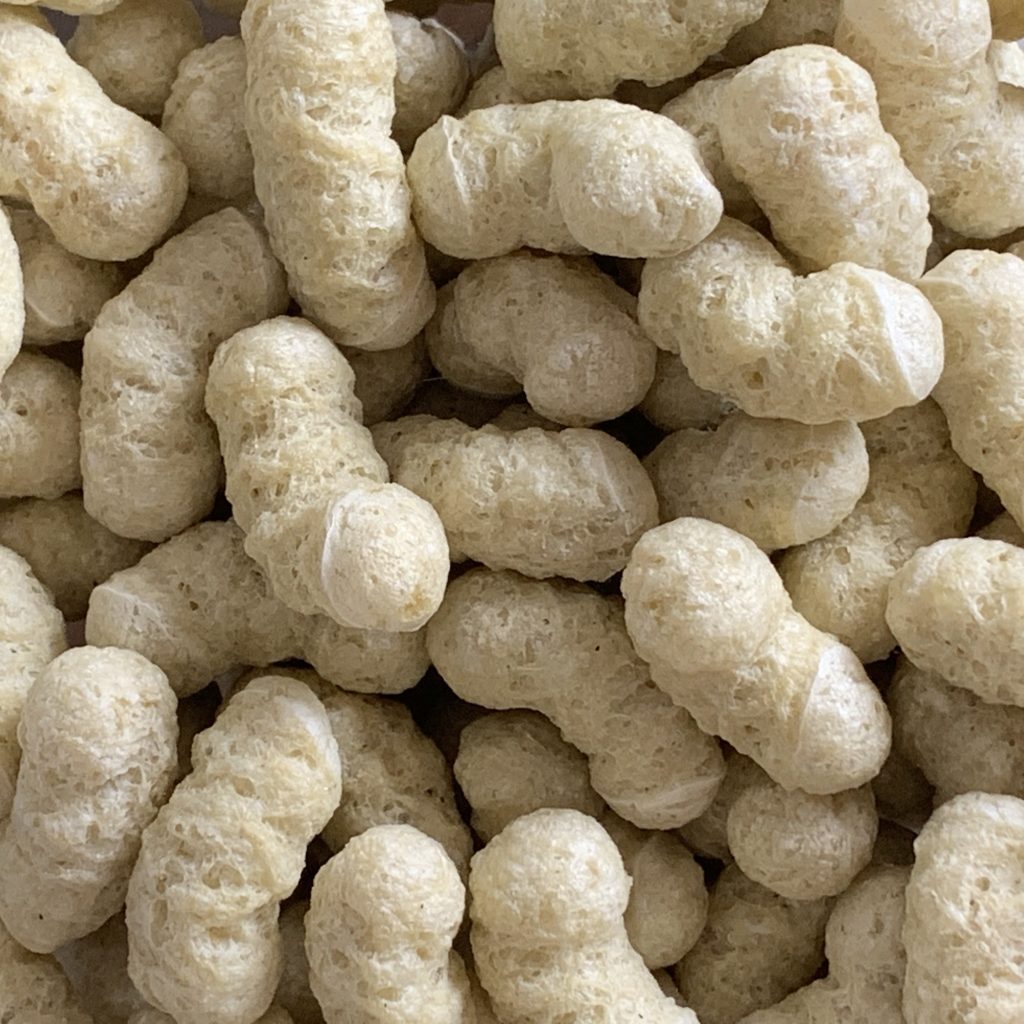Confirmed trip, we would attend the Annual Meeting of Producers Direct in Pangoa, Satipo, 13 hours by land, not counting the two hours that we were stranded on the highway because the tire was struck by Huancayo. Just details, the magical landscape of the central jungle and the dawn of Junín are worth it.
We arrived at Satipo Square, blue sky, pure air, green mountains. Once again it is proved that we live in one of the most biodiverse countries in the world. We have to go to Pangoa, which is 30 minutes from Satipo, where the Producers Direct team was waiting for us.
The road was shortened thanks to Danilo, our driver, who told us about the coffee cooperatives, the rust -a plague that has affected thousands of hectares nationwide-, the waterfalls that we could meet, and the food that we had, yes we had to try.
We arrived at the Finca of Mr. Valeriano Córdoba, producer of Pangoa Cooperative, where I met those who would be my traveling companions for the next four days. One of them was Teófilo Beingolea, Advisor of Sustainable Agricultural Chains in Rikolto, an international organization in charge of transforming value chains and strengthening small-scale cooperatives around the world: Teófilo told us that many of the producers of coffee and cocoa are changing their production for other products with greater profitability such as banana, orange, pineapple or ginger.
The solution arises in the MOCCA Program, which will seek to maximize opportunities for cocoa and coffee in Latin America.Financed by USDA and coordinated by Technoserve and Lutheran World Relief. The program is in baseline, he told me, and will be implemented in the following months in Peru, Ecuador, Salvador, Honduras and Colombia.
In the case of Peru, the program will seek to mitigate the problems of quality, productivity and market linkage and will be carried out by Lutheran WR, while Rikolto will be in charge of improving the cocoa value chain in Ecuador.
The next day, John Steel, CEO of CafeDirect, a social company in England, showed us an article in the Financial Times entitled: “Traders wake up to cost coffee crisis”, where it was mentioned that one of the biggest difficulties in coffee is quality and the transfer between generations.
On our last day, coming back from Pangoa’s Center of Excellence in Micro businesses, Claire Rhodes, CEO of Producers Direct, told me that the associativity of cooperatives is very important. That is why she decided to create a shared brand as part of the medium-term goals, which brings together the best products of the organization.
This organization also has a presence in Africa. To which I asked: Do cooperatives work in the same way? Claire replied that in Uganda they were less atomized, meaning that a producer has more plots on average and can homogenize their production. In addition, there are fewer cooperatives, but they work in a more organized way (international organizations such as FAO, IDB, World Bank, among others, have implemented programs to make this scenario possible) and have an efficient business model.
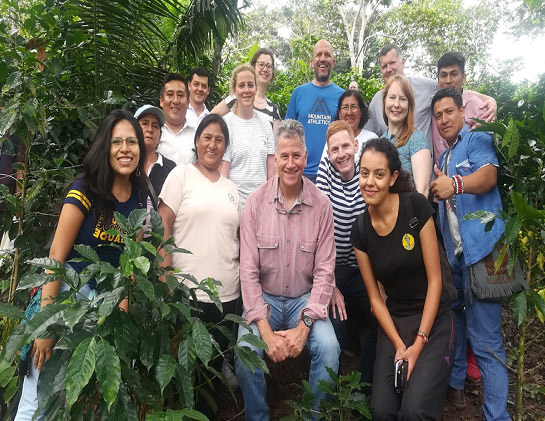
This meeting was valuable for all, for producers, cooperatives, companies, NGOs and international organizations, since we defined a common objective: To solve integrally the problems that Coffee presents in Peru. Starting from the analysis of the coffee ecosystem, from the current quality to the knowledge of profitability and Innovation.
In Inka Prime we operate as a Platform that brings together the stakeholders of this Ecosystem, through our Social Replication Model, seeking the best practices and logics of developed cooperatives to systematize and implement them in medium-sized cooperatives through a methodology that unites Social Development and Franchising. This was carried out with Technoserve, Spring Impact -Consultant of Social Replication-, Rikolto and Universities in Peru and Ecuador, following the basis of the MOCCA Program.
The road is not easy, but the associativity mentioned above is crucial to generate sustainability in the Peruvian and Latin American Farming families.
Yesenia Pinto



